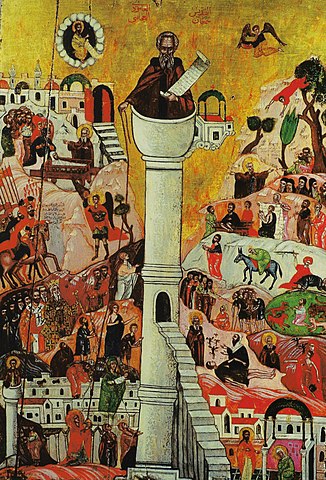
Last week, I addressed some of the “fake news” surrounding Biblical interpretation. We looked about the story of William Blakely, “a modern Jonah,” and discovered someone made the story up. We don’t need verifications to believe God created a sea creature that could keep Jonah alive!
Likewise, I mentioned the story of a supposed gate in the walls of Jerusalem called the “Eye of a Needle” that someone made up to explain Jesus’ parable, and we also looked at a story that began making its rounds on the internet about the meaning of the “napkin” in the tomb of Christ. (If you missed these stories, please drop me an email, and I will forward them to you.)
While debunking these illustrations, I missed an important opportunity. Now that we know what these stories don’t mean, we should ask the question, “What do they teach?” (Thanks for that observation, Tom!) Let’s begin with Matthew 19:24.
“Again, I tell you, it is easier for a camel to go through the eye of a needle than for a rich person to enter the kingdom of God” (Matthew 19:24).
If this passage teaches a wealthy person can’t enter the kingdom of God, then all of us in the West are in serious trouble! This quotation is an illustration of the previous verse:
“And Jesus said to his disciples, “Truly, I say to you, only with difficulty will a rich person enter the kingdom of heaven” (Matthew 19:23).
And, in context, a wealthy man has come to Jesus and asked, “Teacher, what good deed must I do to have eternal life?” (Matthew 19:16). Jesus tells him, “If you would be perfect, go, sell what you possess and give to the poor, and you will have treasure in heaven; and come, follow me.” When the young man heard this, he went away sorrowful, for he had great possessions” (Matthew 19:21 – 22).
So, is it a sin to have wealth? Not necessarily. The Patriarchs – Abraham, Isaac, and Jacob – had great wealth, which was a blessing from God. If it is a sin to be rich, why didn’t Jesus tell Zacchaeus to give away his money? (“He was a chief tax collector and was rich” Luke 19:2.) I believe it was because Zacchaeus wasn’t devoted to his wealth:
And Zacchaeus stood and said to the Lord, “Behold, Lord, the half of my goods I give to the poor. And if I have defrauded anyone of anything, I restore it fourfold” (Luke 19:8).
The Apostle Paul helps us understand. He explains, “For the love of money is a root of all kinds of evils. It is through this craving that some have wandered away from the faith and pierced themselves with many pangs.” Money is not the root of all kinds of evils. It is the “love of money” that is to blame. The Hebrew writer says, “Keep your life free from the love of money” (Hebrews 13:5). Why? Paul urged the Colossians, “Put to death therefore what is earthly in you: sexual immorality, impurity, passion, evil desire, and covetousness, which is idolatry.” The love of money, which is one form of covetousness, is a form of idolatry.
What was the difference between the rich young man and Zacchaeus? The first trusted in his wealth in place of the Lord (idolatry), and Zacchaeus used his wealth to glorify God.
Finally, notice the gifts of the Spirit in Romans 12:6 – 8. Just as some have the gifts of teaching, leading, serving, and prophecy, some have the gift of “contributing.”
Having gifts that differ according to the grace given to us, let us use them: if prophecy, in proportion to our faith; if service, in our serving; the one who teaches, in his teaching; the one who exhorts, in his exhortation; the one who contributes, in generosity; the one who leads, with zeal; the one who does acts of mercy, with cheerfulness (Romans 12:6 – 8).
May I suggest that before you can contribute, you must have a prior gift of making money? Sadly, I believe for most of us, the gift of making money would be a curse rather than a blessing. However, I have had the privilege of knowing wonderful Christians who have that double blessing: the blessing of making money and using that blessing to glorify God. They are the camels who truly can pass through the eye of the needle!






